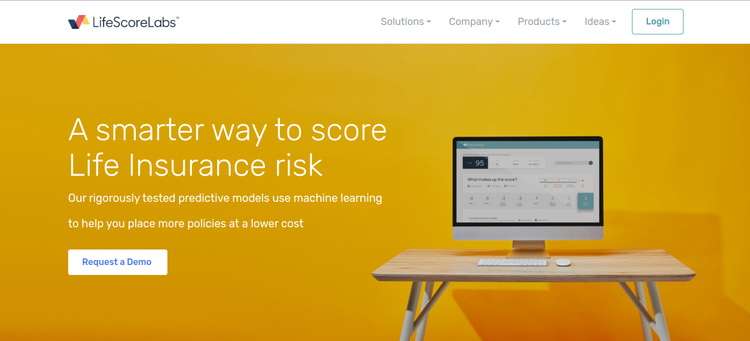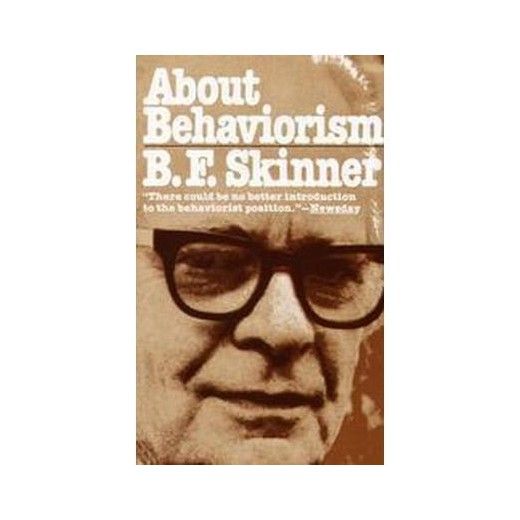College Tour, Part 3: The war within
I recently had the opportunity to visit a number of universities and to attend two conventions for college journalists. This is the third in a four-part series on my experiences. You can see part one here. You can read part two here.
One of the best things about my annual college tour is that I get to be a little bit of a celebrity. Folks who know me well know that my ego is enormous. And I greatly enjoy doing things that feed my sense of grandiosity. So I like visiting campuses where students line up to meet me. I like standing on a stage and knowing that people are listening. I like to be an expert, an honored guest, a keynote speaker. And I really, really like applause.
At the same time, when I'm speaking about things that are important to me, I don't mind being controversial. I like to be direct and a little harsh. In other words, I'm a New Yorker. And I accept that one side effect of being a wee bit off-putting is that some people are put off.
That's fine. I'm OK with that.
I'm not bothered on a personal level when I learn that some journalism teachers just don't like me.
But I wonder if the way they display their dislike of what I have to say is symptomatic of what's wrong with journalism education.
First, let me give three examples of what I'm talking about:
- After my keynote speech at the Southeast Journalism Conference, several students complained to me that they had difficulty following my remarks because teachers at their table grumbled and complained throughout my presentation.
- Twice during my college tour I received embarrassed apologies from students who were upset that their teachers had declined opportunities to attend social functions with me, because, as one student said, "they hate people like you."
- I met at least a dozen journalism teachers or advisers who said something like "I wish my dean/president/adviser/department head/peers had come to hear you. But they weren't interested."
The lines are drawn
Journalism education has divided into two factions. There are those who see digital media and convergence as positive. And there are those who see recent developments in the press as a catastrophe. The first group wants to use the universities to spread the new forms of storytelling. The second group believes universities are the place to draw the line against change.
The gap between the two is broad and deep. Most upsetting, disagreements between the two sides are uncivil. And since most journalism programs have members of both camps on the faculty, the atmosphere in many schools is toxic.
This isn't a reasoned disagreement among people who like and respect each other. (Certainly the students I met don't think so. The students use terms like "nasty," "ridiculous," "stupid" and "embarrassing' when describing the debates on their campuses.) This isn't an academic debate. Rather, this is a fight between people who have genuine animosity for the opposition.
Certainly I understand where such strong feelings originate. I, too, am passionate about journalism. And I tend to be dismissive of journalism educators I believe are either unwilling or unable to prepare their students for today's media. I suppose if I had been in a university these past few years I'd have grown positively vicious about any peer who failed to adapt.
I suppose too there are teachers who resist the changes in media because they believe these changes are detrimental to the profession. And it's to be expected that these last few years have left such teachers bitter and vicious too. I may believe they are wrong. Hell, I know they're wrong. But I understand how they can "hate" someone like me and refuse to attend a dinner in my honor.
I just wish it wasn't like this.
Because I'm convinced that amid the defensiveness, bitterness and contempt, educators are failing to teach students the single most important lesson that a journalist can learn -- keep an open mind.
If you'd like to get a sense of what it is I tell journalism students, you should read how journalism students react to me. Take a look at students' blog posts here and here.
If you'd like to see some of the more interesting work being done by journalism students, check out the converged model of Connect Mason (created by Whitney Rhodes, a student who was frustrated by the silos at her school) and all the winners of the first online journalism contest of the Center for Innovation in College Media.
tags: journalism, b2b, media, trade press, magazines, newsletters, business media, journalism education




